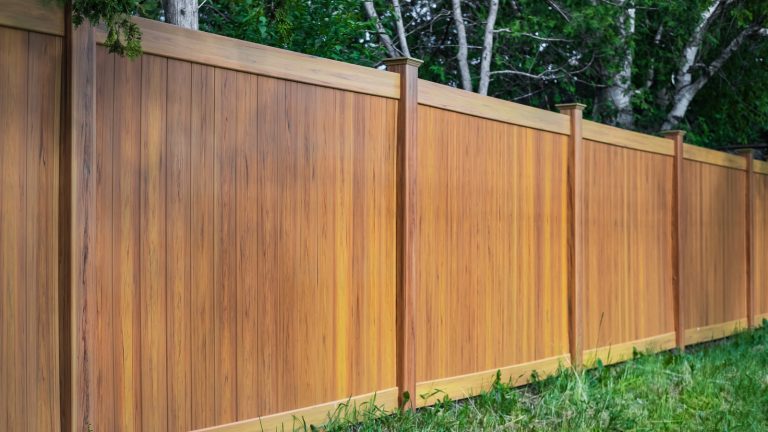
A kitchen remodel can be quite costly. According to The Journal of Light Construction, the average cost for a major midrange remodel is $79,982, while a minor midrange remodel averages $27,492. You might think hiring a designer is an area where you can cut costs, but in reality, a designer can often help you save money in unexpected ways, even though it adds to the initial expense of your renovation.
Understanding the different types of kitchen design services is crucial. If you collaborate with an in-house designer at a store, the consultation fee could range from $150 to $450, and some stores might credit this design cost towards your renovation. Professional design centers offer a wide range of pricing, from $100 to $750 per hour. Hiring an independent kitchen designer usually involves hourly fees, averaging between $65 and $250 per hour. Some designers charge based on a percentage of your total renovation cost, typically between 10% and 20%.
While hiring a kitchen designer increases the project cost, skipping this step could be even more expensive. It’s essential to understand the process before hiring an interior designer. A professional design can help you achieve a stunning and functional kitchen that enhances your home’s value. Designers often have industry connections that can lower costs, suggest cost-effective options, and help you avoid costly mistakes.
Ways a kitchen designer could save you money
A kitchen designer’s expertise can help reduce your overall project costs. Certified and experienced designers understand the rules necessary for creating a safe, code-compliant, and highly functional kitchen, which adds value to your property. They consider your budget and find ways to make the most of it. Designers might suggest reusing some kitchen components instead of replacing them, allowing you to allocate funds to other renovation projects.
Hiring a designer helps prevent costly design errors, such as insufficient clearance for appliance doors. Work that doesn’t meet building codes may require a redo, and you might end up disliking a design element and wanting to change it. These scenarios increase material and labor expenses. Designers listen to your preferences and understand functional design needs, helping to avoid such situations.
Designers often receive trade discounts, reducing the cost of renovation materials. Whether or not discounts are available, a quality kitchen designer can recommend materials that offer the best value for your money. They consider your lifestyle and budget to provide tailored recommendations, guiding you on where to splurge and where to save for optimal results. This can save you money by prolonging the life of materials and recommending design choices you’ll love for years to come.
Why you might want to skip a designer for your kitchen remodel
You might not need a designer for a small renovation focusing mostly on cosmetic updates, especially if you’re on a tight budget or the kitchen has a solid structure with just a few areas needing improvement. For example, if you’re only replacing the sink and repainting or refacing cabinets instead of installing new ones, you may be able to handle the design decisions yourself.
If you’re an experienced DIYer or have some design or construction knowledge, you might feel confident designing the kitchen yourself, even for larger projects. Kitchen design software can help you effectively plan your space. Many programs are free or more affordable than hiring a designer. You can also seek advice from contractors on plumbing, electrical, and cabinetry to determine the best layout and materials. If you’re working with a general contractor, they may offer design advice as well.
You might have access to free design services or consultations depending on where you buy your kitchen materials. For instance, Lowe’s and Home Depot offer free kitchen design consultations. This option allows you to save money while gaining professional insights. However, these services are usually basic and may not provide ongoing support if issues arise during the renovation. Paying for a kitchen designer often means receiving continuous support until the project is complete.






